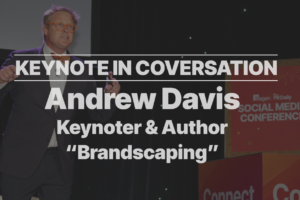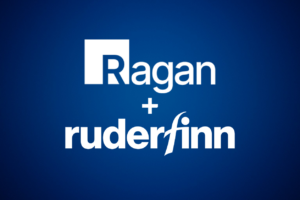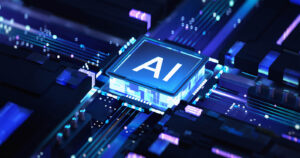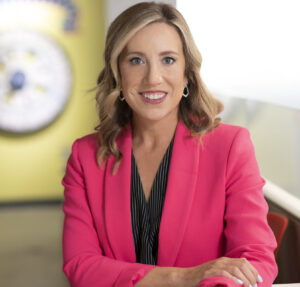How will generative AI impact HR?
A look at how non-human machine learning will alter how the job is done.

Over the past year or so, there’s been no shortage of chatter about how artificial intelligence (AI) is going to fundamentally change the way we do our jobs as communicators. Could it take over writing and messaging tasks and make our jobs obsolete? Probably not. But could it serve as a significant virtual helper in getting our tasks done faster? Most likely yes.
However, there’s one important business function that’s about as people-centric as it gets that’s poised for AI treatment —- HR. As counterintuitive as it might sound, machine learning applications and programs might hold the key to helping HR professionals focus on what really matters —- the people that make the organization what it is.
Of course, HR should be aware of some areas of concern, especially around sensitive matters like workplace wellness. When a mental health service recently tested out an AI-assisted chatbot on its users, the results were not accurate once people realized they were chatting with a machine. This is a reminder that comms and HR should be forthright and transparent with employees about how they are automating HR tasks—and evaluating vendors to ensure they are being transparent, too.
If HR pros are being transparent with employees, however, there’s no reason why AI can’t help streamline processes and workflows. We spoke to two HR professionals to learn how they’re incorporating AI into their workflows without sacrificing the human element.
A virtual administrative assistant
The HR professional has a wide range of tasks on their plate. From onboarding to recruitment to organizing companywide benefits, there’s a lot for the HR department to handle to keep an organization moving forward. Could generative AI help HR pros by automating some of the more rote tasks of the role and help HR put increased emphasis on the humans within the organization?
According to Traci Chernoff, senior director of employee engagement at Legion Technologies, the answer is a resounding yes.
“Generative AI can really help foster closer human connections,” Chernoff said. “We use AI to help us derive schedules from multiple data points that a human brain simply wouldn’t be able to do as quickly.”
She added that having generative AI to work on some HR tasks has allowed her and her team to focus on other parts of the role
“Generative AI allows me to save time and I can focus that saved time on the people within the company,” she said.
Curbing apprehension
There’s bound to be some natural fear when AI is applied to HR – it’s right in the name human resources! But when HR pros view AI’s capabilities with openness rather than fear, they can expand their own skillsets.
“That initial apprehension is natural,” Chernoff says. “But I believe if you have a tool that can help foster deeper connections, that apprehension can be overcome. In this case, generative AI can allow HR professionals time to focus on the more creative and personalized parts of their jobs.”
She went on to add that some of the duties that an AI can help with include drafting policies and procedures and career development guidelines, but stressed that people are still needed to perfect them.
Jason Lapp, founder and CEO of Beautiful.ai, said that HR professionals should try to familiarize themselves with what AI can do to help them to ease any potential fears.
“People should really seek to try out any potential AI programs that might be able to help them,” Lapp said. “The rise of AI has presented a major opportunity for people to think of this technology in a positive, helpful way.”
The recruiting role of AI
Think about the first time you interacted with HR at your current job. Chances are, it was during the recruiting process. The journey in which you find your job is a very personal process that prompts you to quantify your skills, match them to a role, and get to know others that you’d gel with professionally.
But what if that process was somewhat automated by an AI? Would it cheapen the employee experience at all?
According to Chernoff, AI doesn’t just help in the recruiting journey — it opens things up for a more personalized job hunt.
“AI can help us in our administrative tasks like scheduling interviews, but it doesn’t take away from the needed human connection in recruiting at all,” she said. “The company doesn’t just need to know all about the person they’re bringing on board — the candidate needs to know about the people within the organization they’re set to join.”
Chernoff added that the value AI adds to the recruiting journey isn’t subtracting from focus on people — just the opposite.
“The human connection in recruiting is critical and isn’t going anywhere anytime soon,” she said. “It’s so important to involve people at every stage of the employee lifecycle, and it will remain so.”
Sean Devlin is an editor at Ragan Communications. In his spare time he enjoys Philly sports, a good pint and ’90s trivia night.







